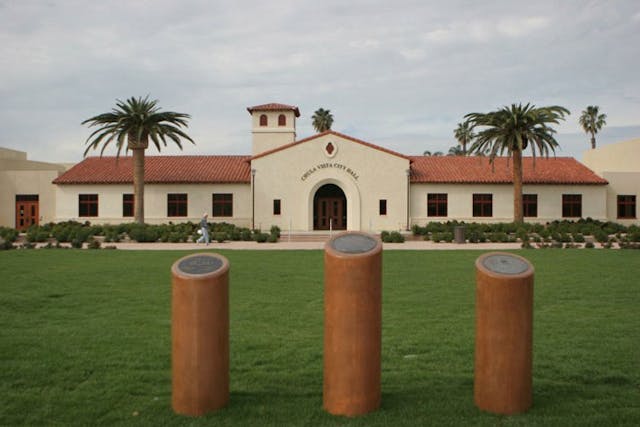Latinos Shut Out In Early Primaries
The first election contests in the presidential races can make or break campaigns, but the lack of racial and economic diversity leaves Latinos out in the cold.
As we saw in last week’s Iowa caucuses and Tuesday’s primary in New Hampshire, presidential campaign fortunes can change quickly, breathing new life into some, and extinguishing the dreams of others.
Senator Marco Rubio was buoyed by his third place finish in Iowa but, after a bad performance in Saturday’s debate, finished fourth in New Hampshire and he now limps into South Carolina.
Other once competitive candidates, including Chris Christie and Rand Paul, have dropped out of the race after failing to break out of single digit results in the first two contests.
In the past 40 years, only two Republicans have lost in New Hampshire but still gone on to win their party’s nomination. And in that same period, only 2 candidates have lost BOTH Iowa and New Hampshire and still become a general election nominee.
Even more significantly, since 1972, only one candidate has lost BOTH contests and later became president: Bill Clinton in 1992. That year, then Arkansas Governor Clinton became known as “the comeback kid” when his campaign was resurrected by a 2nd place finish in New Hampshire after losing in Iowa because of the Gennifer Flowers scandal that threatened to derail his candidacy.
Iowa and New Hampshire have also long been proving grounds for upstart campaigns and underdog candidates. In 1960, John F. Kennedy’s national poll numbers jumped 20 points after winning in Iowa and went up another 13 points after winning New Hampshire, propelling him to the presidency. More recently, in 2004, John Kerry’s favorables skyrocketed 30 points after wins in both Iowa and NH.
However, when comparing the demographics of these two states with those of larger and more diverse states like California, Texas, or even Florida, one has to wonder why these two primaries get to decide which candidates get to move on to compete for President.
Iowa’s population is less than that of San Diego County, and is 87.1% white. New Hampshire is smaller and even less diverse: it has fewer people than the City of San Diego and is 92.1% white. The average Latino population between these two states is about 3%.
So naturally, facing these demographics, the issues that matter in these states revolve around regional economic issues like corn subsidies for ethanol, and largely White Anglo-Saxon Protestant (WASP) fights over religious affiliation. Among Republicans, at least this year, it seems the more right wing, anti-immigrant, and hawkish candidates are doing better than more traditional mainstream ones.
Unfortunately for Latinos, the important and pressing issues facing our community including immigration reform, access to education, and healthcare coverage are not factors at all.
What these early primaries do is weed out candidates that are more progressive or open to evolving issues like same sex marriage and cultural inclusion. By the time the larger states have primaries in March, the field will have been whittled-down to a few players, and usually one has emerged as the front-runner.
California’s population is more than 38 million, with more than 38% being Latinos. It’s the only state where Latinos outnumber whites. Texas also counts over 38% of its 27 million population as Latinos. And even Florida’s smaller 20 million population is made up of over 24% Latinos.
But none of these three states help shape the early presidential race even though any one of them has more people than the first 5 primary states combined.
Both political parties have rules that would penalize states if they were to change their primaries to occur before Iowa and New Hampshire, including taking away delegates or limiting participation at their conventions. For now, the rules are stacked in favor of these two extremely small and demographically homogeneous states.
Latinos can still have an impact on the eventual outcome of the presidential election but by that time it will only be by choosing between the Democratic or Republican nominees, not choosing between intraparty rivals. It’s not much of a consolation prize, but it is still a chit in the big game.
Still, vote carefully. Latinos may very well be the swing vote that will deliver the next POTUS.



 Arturo Castañares
Arturo Castañares


